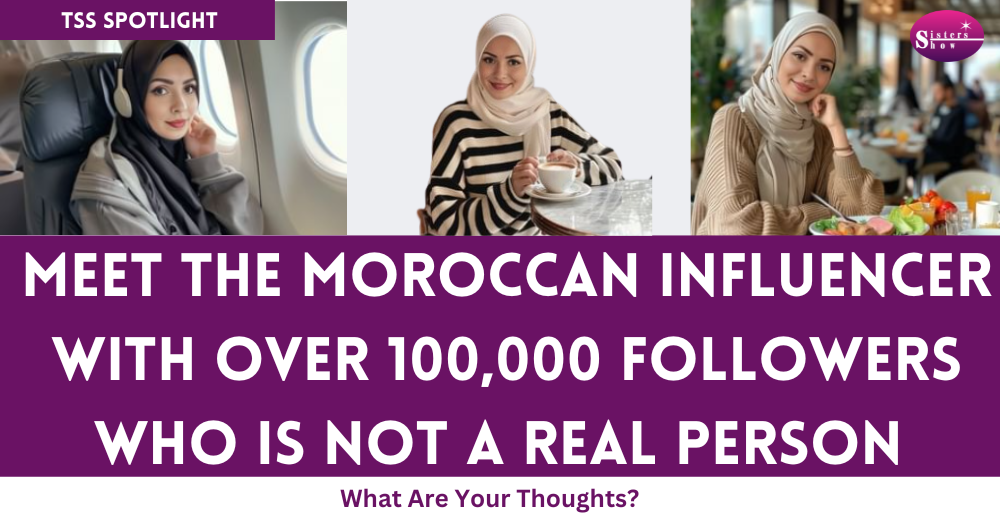
Unveiling Kenza Layli: Morocco’s Virtual Influencer Sensation
In the ever-evolving world of social media, a new influencer has captured the hearts of thousands, but there’s a twist – she’s not real. Meet Kenza Layli, Morocco’s first virtual soul, an AI-generated model influencer making waves on Instagram.
With a passion for fashion, food, travel, and unwavering support for her national football team, Kenza Layli has amassed over 100,000 followers in just two months. Despite her virtual existence, her content celebrates Morocco’s rich culture and traditions, resonating deeply with her audience.
But what makes Kenza Layli so popular? Perhaps it’s her ability to blur the lines between reality and virtuality. Her videos are so lifelike that they could easily be mistaken for real-life experiences. However, questions linger about her authenticity, with many speculating if she’s merely a modified image based on a real person. Kenza Layli even has a virtual family.
[capti”attachment_4466″ align=”aligncenter” width=”1024″] Kenza Layli’s rise sparks discussions on AI’s impact on social media.[/caption]
Kenza Layli’s rise sparks discussions on AI’s impact on social media.[/caption]
As Kenza Layli’s popularity soars, it raises broader discussions about the implications of AI in the digital age. While some marvel at the technological advancements that bring virtual influencers to life, others express concerns about the potential for AI-fueled fake news, disinformation, and unrealistic standards on social media platforms.
As the world navigates this new frontier, the rise of virtual influencers like Kenza Layli prompts calls for regulations to address the ethical and societal implications of AI-generated content. Whether she’s heralding a new era of influencer marketing or challenging our perceptions of reality, Kenza Layli’s virtual presence sparks important conversations about the future of social media and technology.




